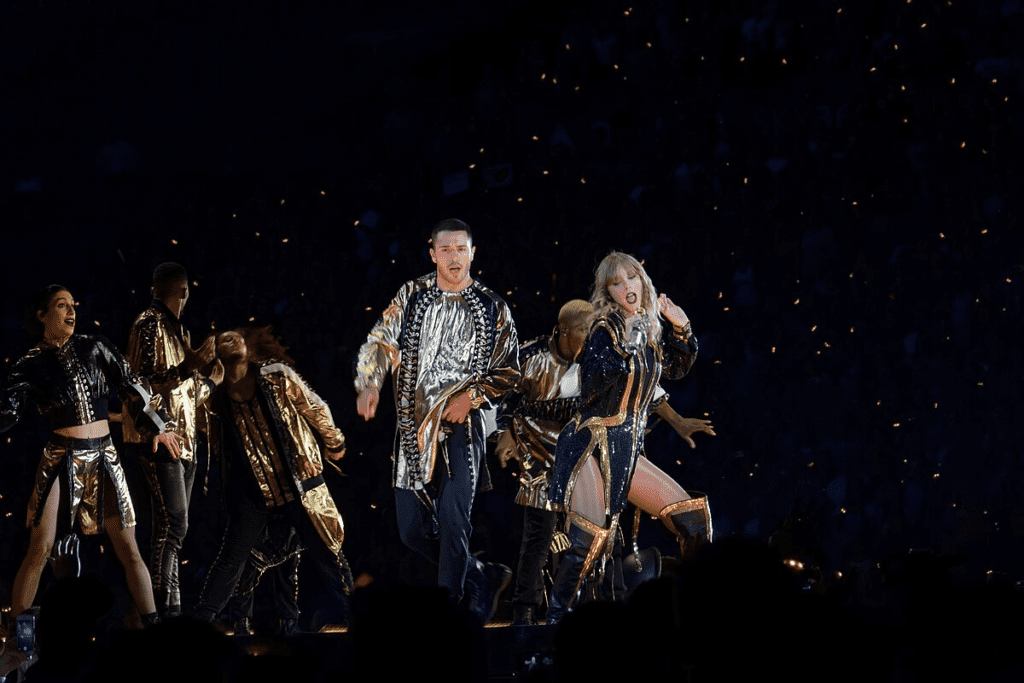Dynamic pricing-a highly controversial ticketing practice that has recently stirred significant backlash among Oasis fans-is opposed by a number of prominent musicians who have come forward, including Taylor Swift, Ed Sheeran, The Cure, and Tom Grennan.
Tickets for Oasis’s long-awaited reunion tour more than trebled as prices soared from around £150 to £350 on the Ticketmaster site. The massive price hike has sparked fury across the nation, with at least 450 people lodging a formal complaint with the Advertising Standards Authority. The Government says it will take surge pricing into account when it reviews the secondary ticketing market.

Ticketmaster claims that the prices were determined by the show’s organizers and that the band had the ability to turn down dynamic pricing in favor of a flat fee per ticket. That would have likely kept ticket costs lower. But many artists have publicly railed against dynamic pricing. Robert Smith of The Cure has famously labeled it a “greedy scam,” saying, “all artists have the choice not to participate—if no artists participated, it would cease to exist.”
Ed Sheeran and Taylor Swift have also avoided dynamic pricing for their latest tours. For one, Sheeran has been very vocal about his disdain for ticket touting, which links to why he would not use dynamic pricing.
Tom Grennan has also resisted dynamic pricing, dubbing VIP and platinum options “just bollox” given the cost of living crisis. Meanwhile, Paul Heaton-the former Beautiful South member-set ticket prices for his UK tour at a flat rate of £35, despite promoters telling him they would “easily” go for more. “We’re getting paid enough and we want to keep it low for you,” he told the BBC.
Jack Antonoff has co-written many songs with Swift and was among those to speak out against the methodology of the ticketing industry. He reached out for options to be available to artists to eliminate dynamic pricing from their ticket sales.
The row over the price of Oasis’s tickets has meant scores have also complained to the ASA about Ticketmaster’s advertising. Some 450 have complained to the ASA, claiming the ads make “misleading claims about availability and pricing”. Although the ASA is evaluating these complaints, they said they are not currently investigating the ads.
Ticketmaster has defended its part, stressing that it does not set ticket prices, which are determined by the event organizers based on market value. For many fans, there were added frustrations from website issues and being flagged incorrectly as bots to add to the dismay of missing out on all 17 UK and Dublin shows, which sold out in quick time.
The Culture Secretary Lisa Nandy said she was ‘incredibly depressed’ over what happened with the inflated prices of the tickets. She added that it is disheartening when, after the excitement of Oasis’s return, “vastly inflated prices excluding ordinary fans” get a chance to see their favorite band live.
With debate on dynamic pricing persisting, it is still a contentious issue within the music world, where artists and music fans alike speak out about the ways in which ticket pricing practices should be more transparent and fair.


